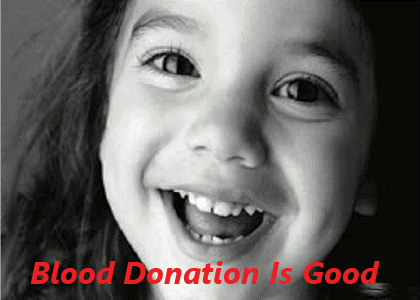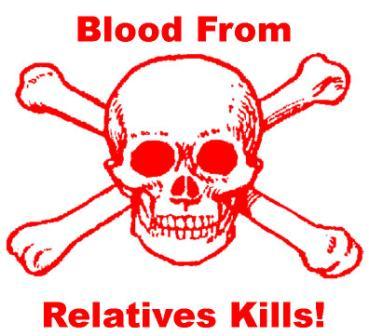Guidelines for recovery of service charges for Blood and Blood Components - NACO order relevant for Thalassemia
Though the national guidelines are very clear, it appears that several blood banks are recovering the service charges from patients suffering from thalassemia. We continue to receive correspondences from various parties enquiring about the relevant guidelines. Here we share letter number: S.12015/30/2002 NACO(BS) from NACO to SBTCs dated 23 January 2008.

 Reduce the chance of heart diseases
Reduce the chance of heart diseases A man meets with an accident while crossing the road. He is immediately rushed to the hospital. He is bleeding and needs blood urgently. Finally, his son's blood is given to the man. The man recovers after a successful operation.
A man meets with an accident while crossing the road. He is immediately rushed to the hospital. He is bleeding and needs blood urgently. Finally, his son's blood is given to the man. The man recovers after a successful operation.